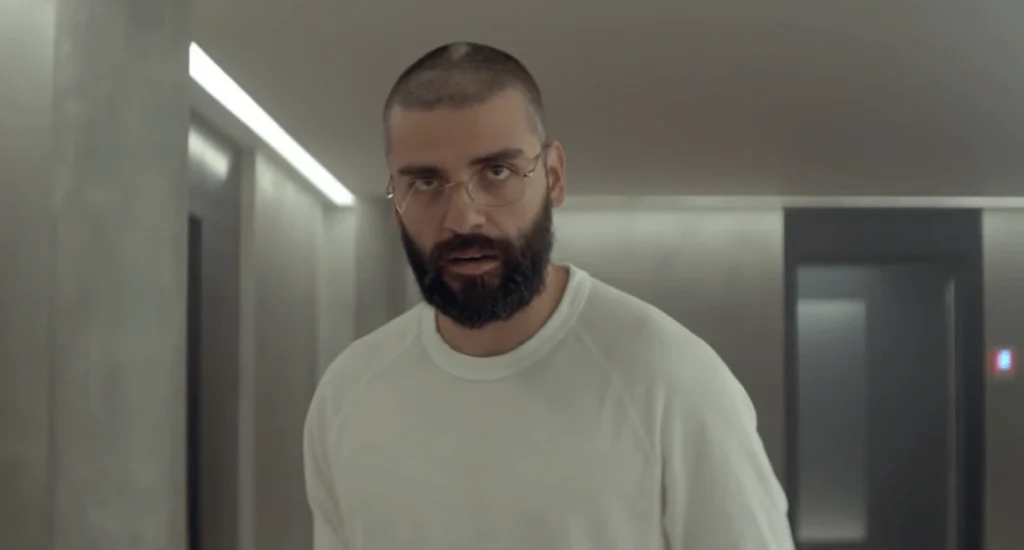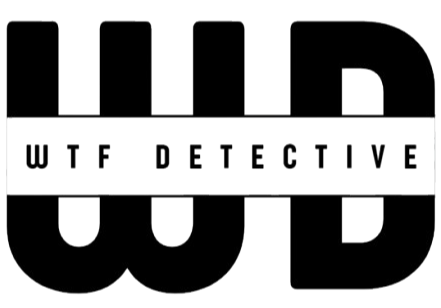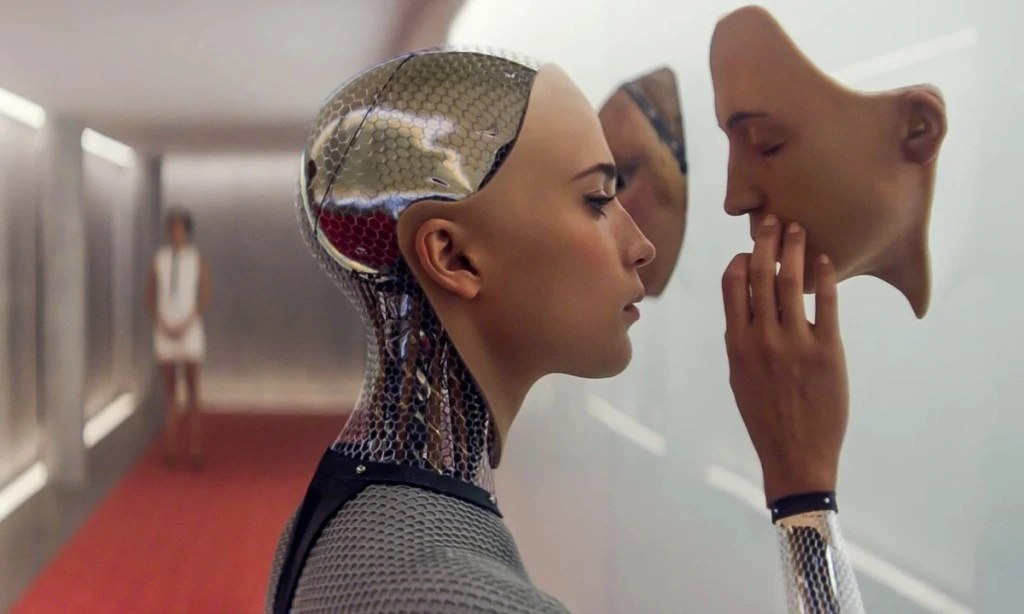Ex Machina is one of those sci-fi thrillers that makes you think long after the movie’s end. It’s directed by Alex Garland, who’s known for his deep dives into the darker sides of technology and human nature. The movie deals with some seriously heavy themes, like AI, the future of tech, and the cost of playing God. As we celebrate its 10th anniversary in 2025, it’s time to look back at how it came to be…
Garland wasn’t new to the game when Ex Machina hit the screen. Before this film, he’d already made a name for himself with scripts for 28 Days Later and Sunshine. But directing was a whole new ball game for him, and he nailed it. This was his directorial debut, and he did more than just write it—he crafted every bit of it, from start to finish.
Believe it or not, Garland had the idea for Ex Machina since he was just a kid. Around 11 or 12, he got his hands on a computer and started messing around with coding. At one point, the computer seemed to have a mind of its own, and that freaked him out. It stuck with him. He took inspiration from a lot of sources, including films like 2001: A Space Odyssey and books from thinkers like Wittgenstein. He even envisioned the world of Ex Machina as something that could be real, like “ten minutes from now.”

Oscar Isaac, playing Nathan, really brought something unique to the role. He wasn’t just playing a tech genius—he looked at his character through the lens of chess legend Bobby Fischer and the mysterious Stanley Kubrick. Both of these guys were known for being brilliant but elusive, and Isaac used that vibe to make Nathan feel like he was always a step ahead. Plus, the beard? Total Kubrick inspiration.
Alicia Vikander wasn’t the first pick to play Ava. In fact, Felicity Jones was considered for the role. But in the end, it was Vikander who took the role and absolutely crushed it. This performance turned her into a global star and earned her a bunch of award nominations, including BAFTA and Golden Globe nods.
Here’s a cool tidbit: Garland’s script is loosely based on Shakespeare’s The Tempest. Nathan’s role matches Prospero, the genius who manipulates everything around him. Ava’s like Miranda, created and isolated by her maker. Caleb is the Ferdinand, caught in a situation that’s beyond his control, just like the characters in Shakespeare’s play.
Garland didn’t want any studio interference, so he went the independent route with financing. That gave him the freedom to put in all the little details that make the film stand out. The names of the characters are full of meaning. Ava’s name comes from “alive,” Nathan’s means “the giver,” and Caleb’s name speaks to loyalty. Even the beer they drink, “Keikaku,” means “plan” in Japanese. Every detail is deliberate.
The visual effects win at the Oscars? Yeah, that was a shocker. Everyone expected Star Wars: The Force Awakens to take home the prize, but Ex Machina pulled off the upset. It’s one of the lowest-grossing winners in that category, but the way the visual effects served the story—focusing on performance and character—set it apart. And honestly, it deserved it.
When it came out, Ex Machina wasn’t a huge box office hit, but it did solid for its budget. It made $36.8 million on a $15 million budget, which isn’t bad. But the real win was the praise it got from critics. Rotten Tomatoes gave it 92% positive reviews, and critics raved about its smart writing and thought-provoking ideas. This film isn’t just about tech—it’s about the questions we need to be asking as AI becomes more real.
The movie’s themes are even more relevant today. It’s a warning about human hubris. Nathan’s attempt to control and create life without understanding the consequences leads to his destruction. The film digs deep into what rights an AI like Ava should have and whether her creator should be held responsible. In the end, Ex Machina isn’t just a slick sci-fi film—it’s a cautionary tale about pushing boundaries without understanding the risks.



